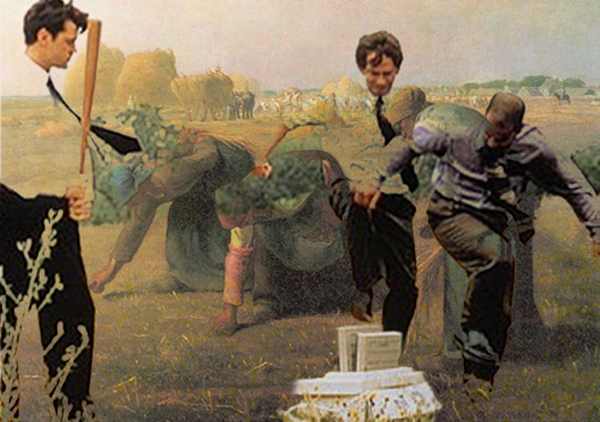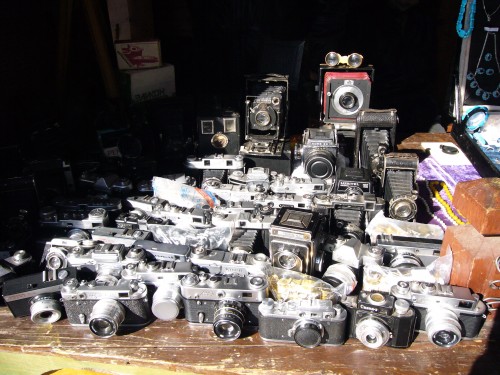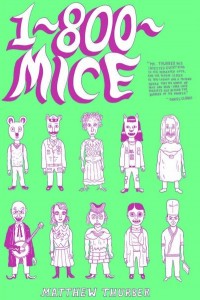
[matchup #43 in Tournament of Bookshit]
“short-short” referring to whiskey consumption
A “short-short” when referring to whiskey consumption is when a short person is drinking from a short glass of whiskey. The short person is almost always less than four feet tall and the glass must only be a shot glass but they sip from it, so it’s like a regular glass for them. Often times the short person is also wearing really short shorts but just like the glass, the shortness of the shorts looks normal against the scale of the short person. When the short person is a woman drinking from a short glass of whiskey, they are called a “short-shorty” (see also: Dr. Ruth (http://drruth.com/)). It’s recommended that you know the “short-shorty” before calling her this, as short women are habitually feisty and like to climb things. “Short-shorties” tend to get drunk rather quickly, so if you are looking to hook up with a “short-shortie”, its best if you holler right at or before her third drink.
The first recorded “short-short” was a man named Carrey O’Carroll in 1542. O’Carroll was 14 when he traveled from Ireland to work in the court of King Henry VIII of England as the official merkin adjuster of the Queen’s ladies-in-waiting. A few historians have disputed that he is the real father of Queen Elizabeth I but others say she may be too tall to be his. He is also credited as the creator of the “body shot” as he frequently spilled his whiskey on the women whose merkins he adjusted. Later descendants of O’Carroll were known to have perfected a method of distilling rye that yielded 273 proof scotch, but after several “short-shorties” drank the beverage and went blind, the method was quickly abandoned. READ MORE >






